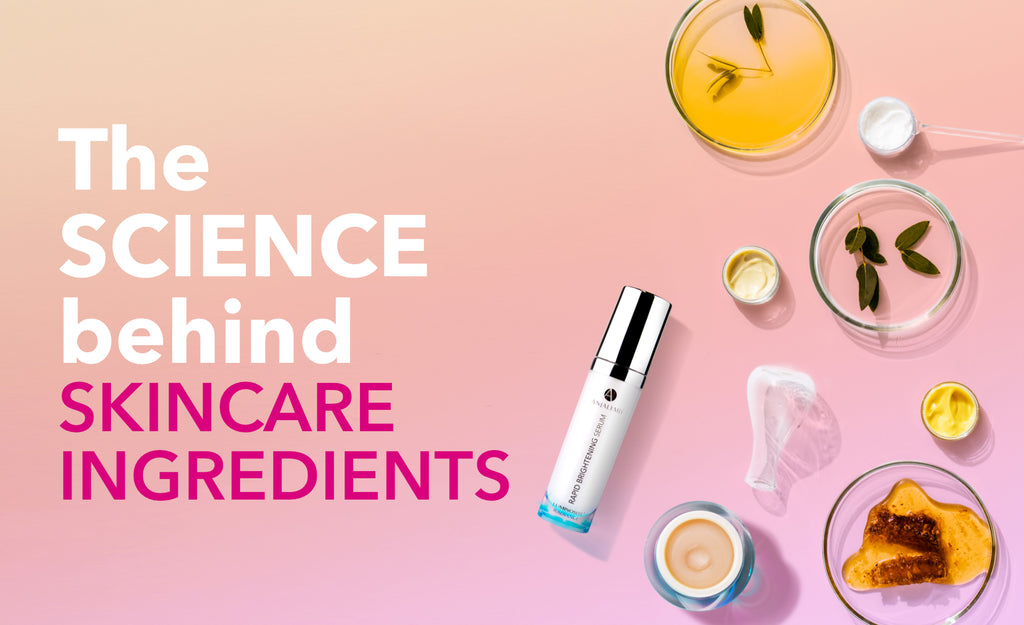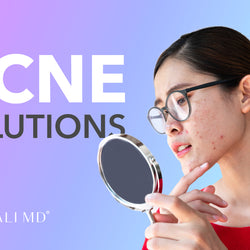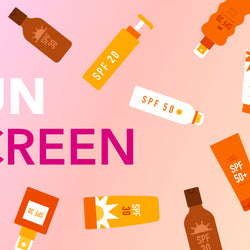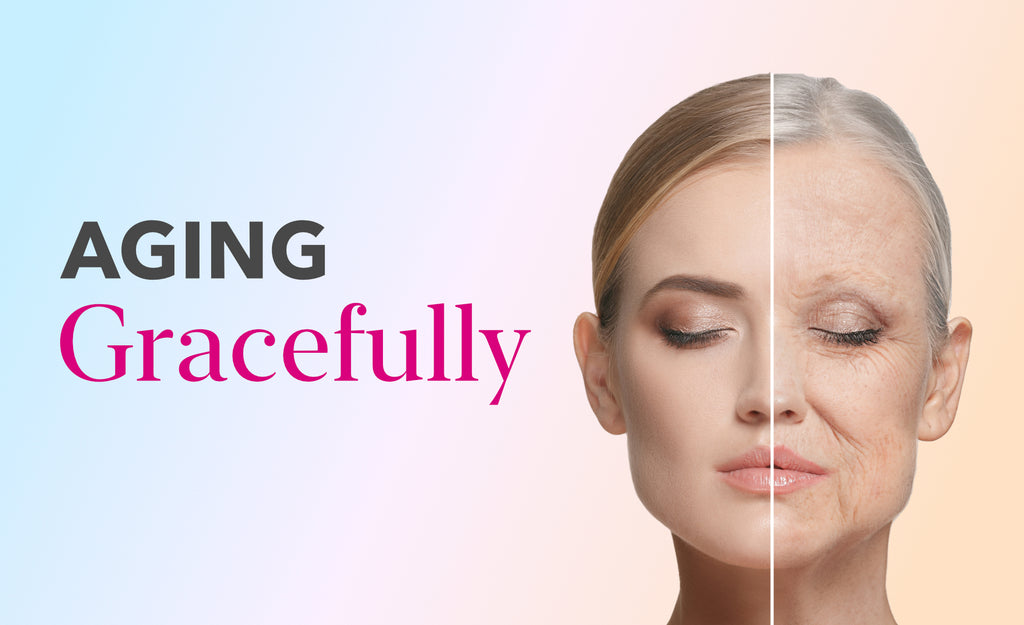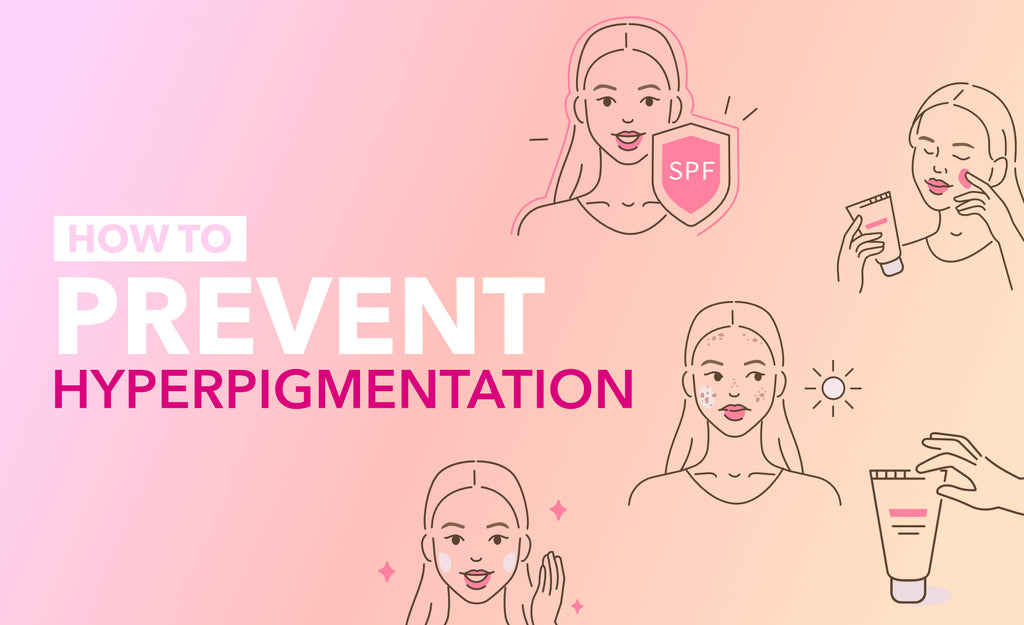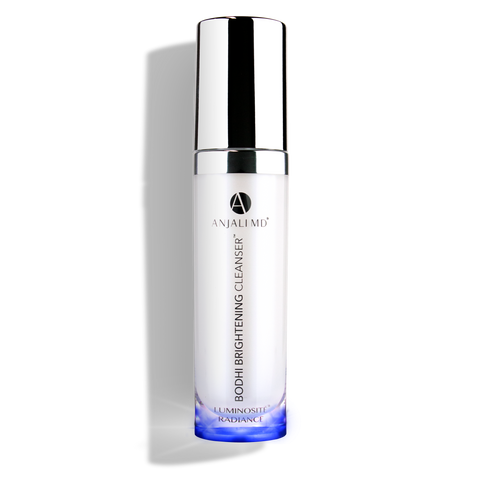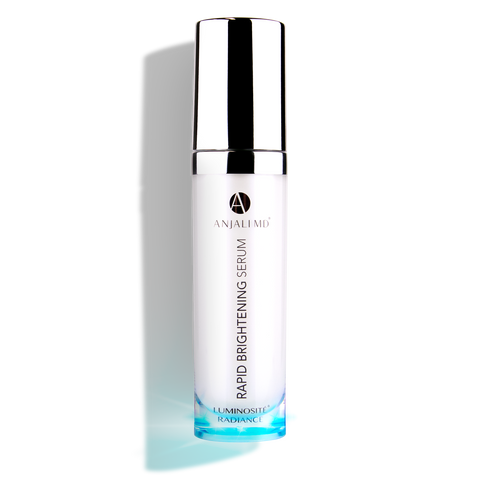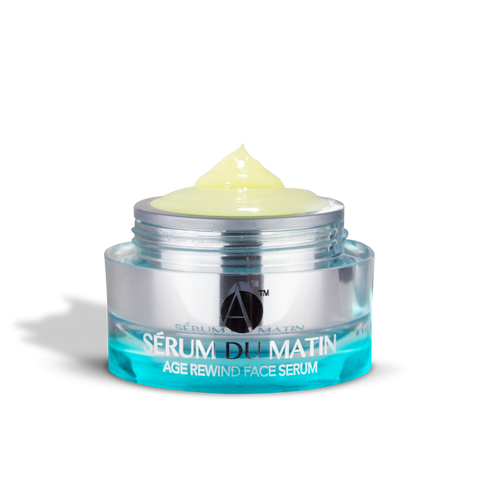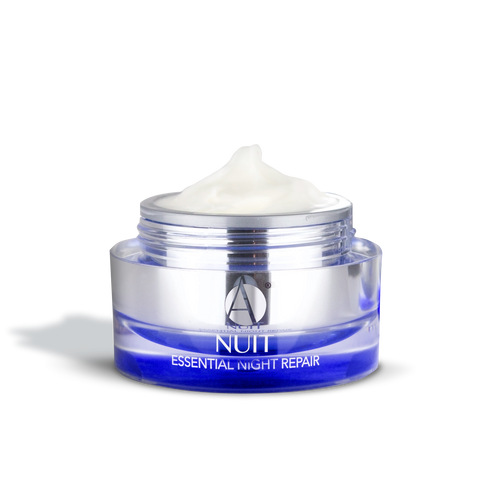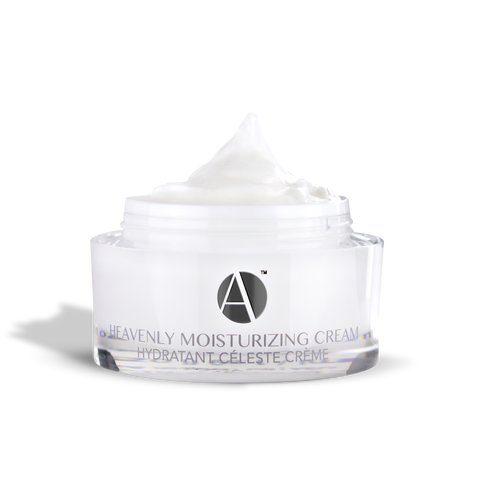Common Skincare Myths Debunked
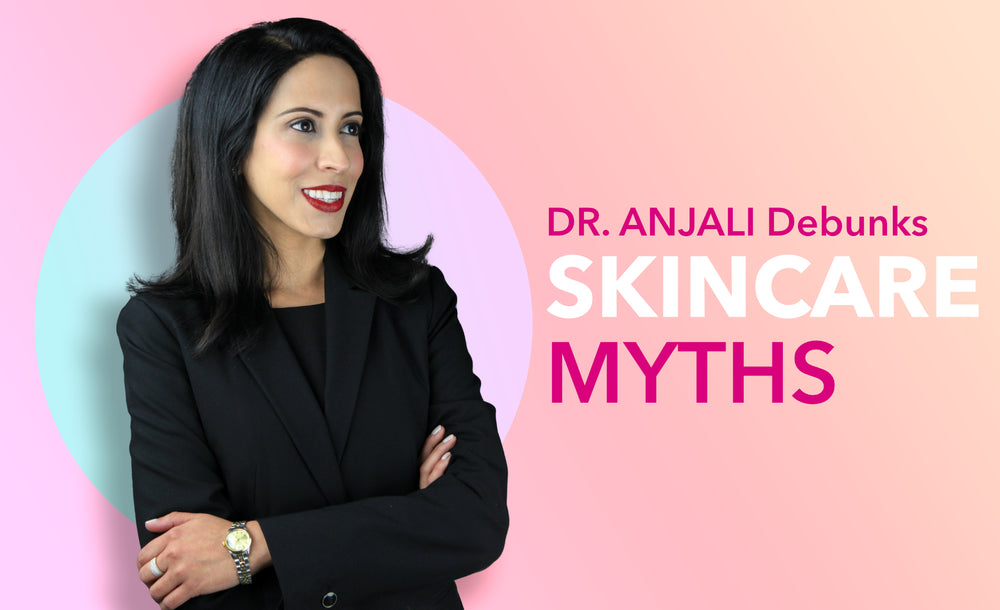
Dr. Anjali finally debunks some of the most pervasive skincare myths, once and for all.
In the world of skincare, there are a lot of myths and misconceptions that can make it difficult to know what to believe. From the idea that you don't need sunscreen on cloudy days to the notion that natural skincare products are always better for your skin, these myths can prevent you from achieving your best possible complexion. In this article, we'll be debunking eight of the most common skincare myths and giving you the facts you need to build a healthy, effective skincare routine.
Myth 1: You don't need sunscreen on cloudy days
This is a common myth that can have serious consequences for your skin. Even on cloudy days, the sun's harmful UV rays can penetrate through the clouds and cause damage to your skin. In fact, up to 80% of the sun's UV radiation can pass through clouds, which means that you can still get sunburned or develop dark spots, wrinkles and skin cancer if you don't wear sunscreen. So it's important to wear a broad-spectrum sunscreen with an SPF of at least 30 every day, regardless of the weather outside. This will help protect your skin from the sun's harmful rays and prevent premature aging and skin cancer.
Myth 2: More expensive skincare products are always better
This is a common misconception in the beauty industry. While high-end skincare products may contain premium ingredients, that doesn't necessarily mean they are more effective than their more reasonable counterparts. The effectiveness of a skincare product is determined by its active ingredients and their concentration, rather than the price tag. It's important to read the label and research the active ingredients to determine the effectiveness of a product, rather than just relying on the price. Don't assume that expensive means better.
It is important to note that quality products will come with a reasonable price. The price of a top-tier product comes with the cost of several things like the ingredients, the research that goes into making the product and using proper manufacturing techniques.
Some products that are cheaper that claim to be as powerful as some of the higher cost products may contain ingredients that you don’t want on your skin. It’s generally difficult to make a product with effective ingredients and maintain very cheap pricing.
Myth 3: You need to wash your face multiple times a day
This myth is a common misconception that can lead to acne breakouts and skin irritation. Washing your face is essential to keep your skin clean and healthy. The frequency should be tailored to your individual skin needs as over-washing can strip your skin of its natural oils, leading to dryness and irritation.
While cleansing in the morning removes any impurities that may have accumulated on your skin overnight, it is not necessary if you have normal or dry skin. In fact, the natural oils your skin produces overnight can maintain proper skin balance and pH levels.
Cleansing at night is generally recommended as it removes makeup, dirt and excess oil that has accumulated on your skin throughout the day.
If you’ve gone to the gym or gotten sweaty during the summer, it’s okay to wash your face more often if your skin can tolerate it.
Myth 4: Drinking more water will cure all skin problems
Drinking enough water is essential for maintaining good health, but it won't cure all your skin problems. While hydration is important for maintaining healthy skin, it is not a magic cure-all for all skin concerns. Factors such as genetics, lifestyle habits and skincare routines all play a role in the health and appearance of your skin. Additionally, some skin concerns, like acne and eczema, have underlying causes that cannot be solved by drinking more water alone. It's still important to stay hydrated and drink plenty of water, but don't rely solely on it to fix all your skin issues.
Myth 5: You should exfoliate every day for smooth skin
Exfoliation is an important step in any skincare routine as it helps to remove dead skin cells and unclog pores, leaving your skin feeling smooth and refreshed. However, exfoliating too frequently or aggressively can do more harm than good. Over-exfoliating can damage your skin's protective barrier and lead to irritation, inflammation and even breakouts. It's important to exfoliate no more than 2-3 times per week, depending on your skin type and the product you're using. If you have sensitive skin, consider using a gentle exfoliant or using it less frequently. Remember to always follow up with a moisturizer after exfoliating to hydrate your skin.
Myth 6: Natural skincare products are always better for your skin
There is a common misconception that natural skincare products are always better for your skin than other products. While natural ingredients can be beneficial for the skin, not all natural ingredients are safe or effective for all skin types. In fact, some natural ingredients can even cause skin irritation or allergic reactions.
Many lab-based ingredients have lead to the biggest changes in skincare and dermatology. These ingredients have been extensively researched and tested for safety and efficacy, and have been proven to be highly beneficial for the skin. Most of the ingredients are also derived from nature or a natural process already occurring in the skin. Examples include retinol, which is a derivation of Vitamin A, or salicylic acid, which is derived from the willow bark tree.
Ultimately, the quality and safety of a skincare product depends on the specific ingredients used, their concentrations and the formulation of the product, rather than if it’s solely a natural or lab-based product.
Myth 7: You don't need to wear sunscreen indoors or during the winter
One of the most persistent myths about sunscreen is that it's only necessary during the summer or when spending time outside. However, the truth is that the sun's harmful UV rays can penetrate through clouds and windows, which means that you need to protect your skin from damage even when you're indoors or it's overcast outside. Additionally, snow and ice can reflect UV rays, leading to an increased risk of sunburn and skin damage during the winter. So whether you're spending time outdoors or inside, it's always important to wear sunscreen to protect your skin from UV damage.
Myth 8: You can't wear makeup if you have acne-prone skin
This myth is not entirely true. It is possible to wear makeup even if you have acne-prone skin, but it's important to choose the right type of products and be mindful of the ingredients. Look for non-comedogenic makeup products, which means they won't clog your pores, and avoid heavy oil-based products that can exacerbate acne. Mineral-based makeup is a good option for those with acne-prone skin because it's less likely to cause irritation and breakouts. Also, make sure to remove your makeup completely before going to bed and cleanse your skin thoroughly. Be sure to practice good hygiene when applying makeup, like using clean brushes or sponges so you prevent the spread of bacteria on your skin.
Conclusion
In conclusion, it's important to separate fact from fiction when it comes to skincare. These common myths may be prevalent, but they can lead to ineffective or even harmful practices. As a dermatologist, I recommend doing your own research and consulting with a professional to ensure that you are following a safe and effective skincare routine. Remember, the key to healthy and radiant skin is consistency and patience, rather than relying on quick-fix solutions or unproven skincare myths.








